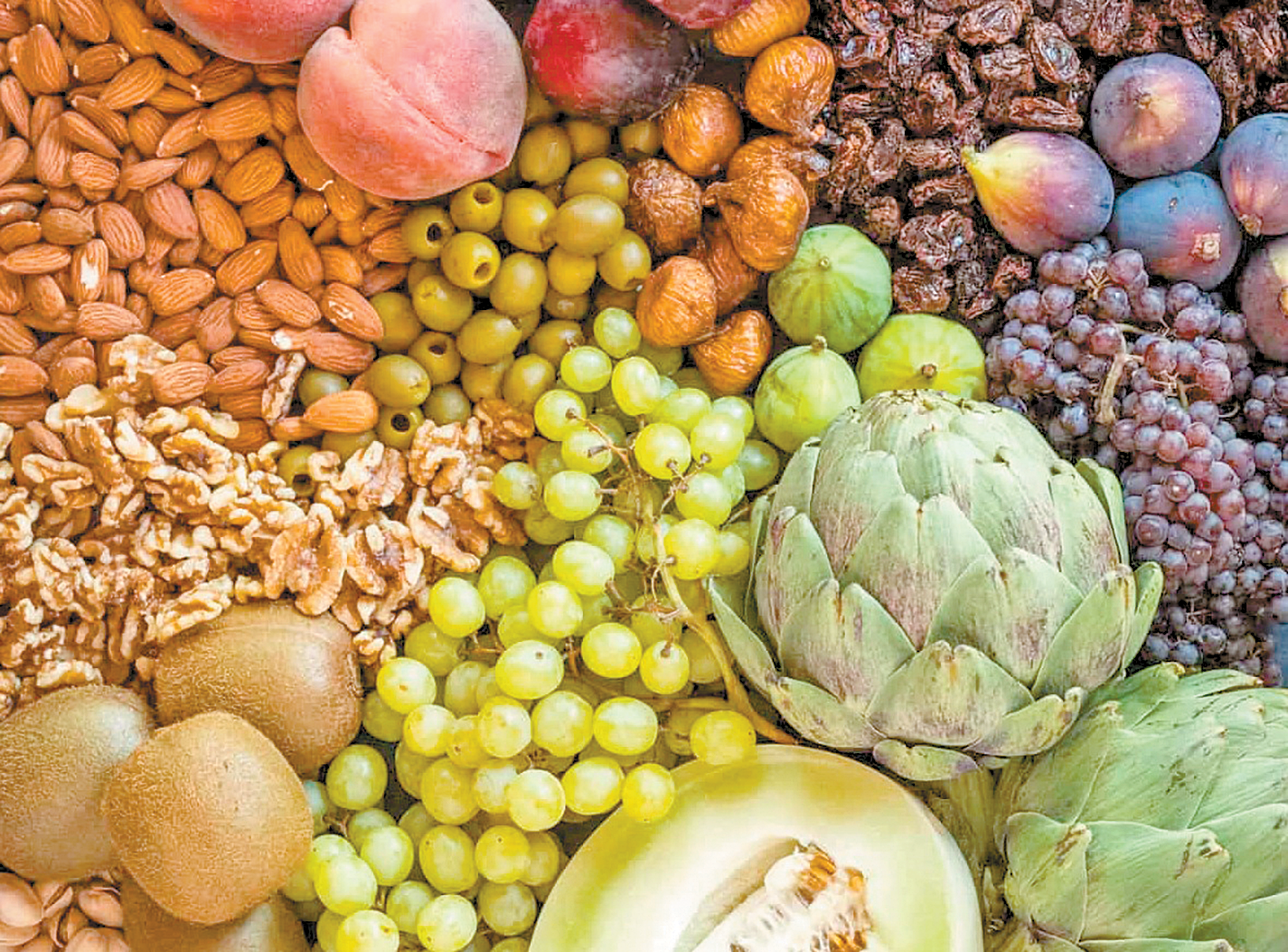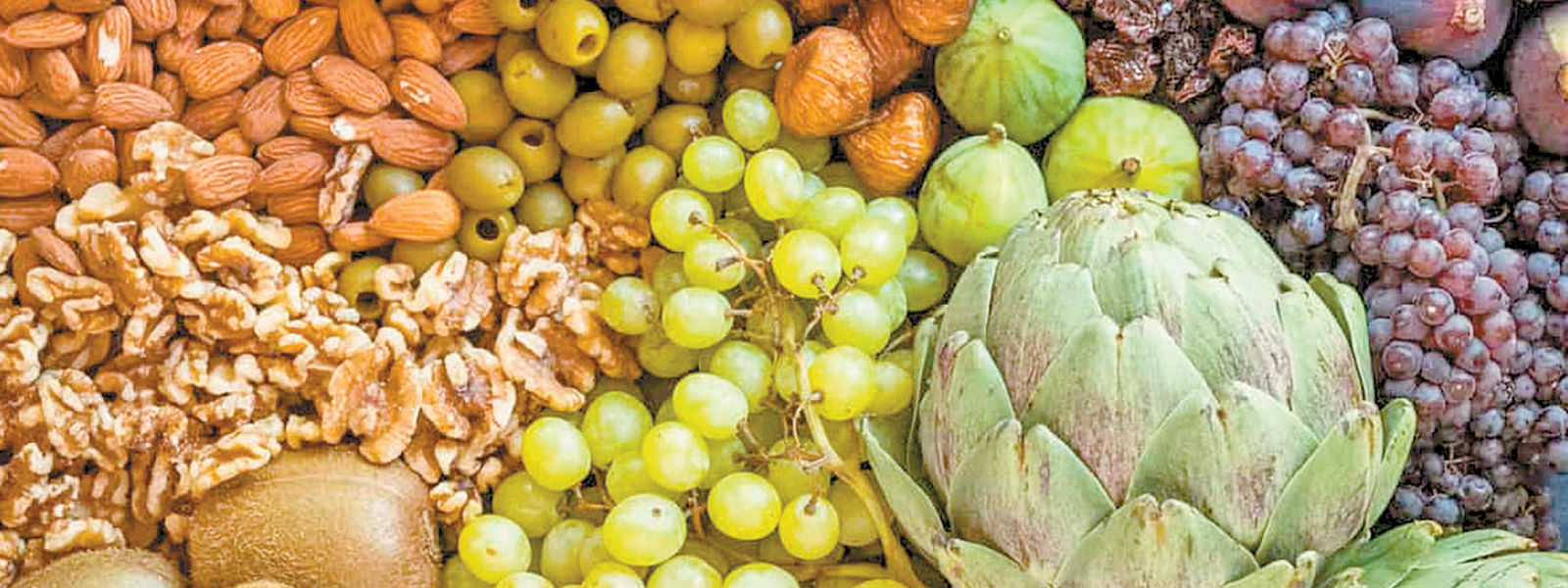Commentary: A flood of specialty-crop imports hurts U.S. farmers

The president of the American Farm Bureau Federation says when it comes to trade, the playing field must be leveled for U.S. specialty-crop farmers impacted by a surge in agricultural imports.
Photo/California Grown


By Zippy Duvall
There is a quiet battle being waged to ensure the high-quality food and fuel produced by U.S. farmers and ranchers reach eager consumers around the world. From nonscientific trade barriers to market prices and even constant changing trade agreements, it seems new challenges are always arising.
This is why trade has long been a top priority for Farm Bureau. Farmers and ranchers feel these struggles directly, and we want to ensure they have the tools of strong trade agreements and fair markets to win the battle.
We put special focus on this cause through our trade advisory committee, made up of state Farm Bureau presidents who are tasked with researching trade challenges and opportunities, and establishing recommendations.
Last week, I was joined by several advisory committee members in Traverse City, Michigan, to meet directly with produce growers and agricultural leaders on issues affecting seasonal produce markets. Attending members included California Farm Bureau President Jamie Johansson, whose state is the leading supplier of seasonal produce in the U.S.
It was really impactful to visit the Michigan farms, hear the farmers’ stories and discuss changes they think need to be made. That is because our seasonal produce growers continue to be heavily impacted by the substantial increase in imports of fruits and vegetables to the U.S.
Since 2000, there has been a major influx of imported fruits and vegetables—an increase of more than 120%. Some of this increase is attributed to product dumping by other countries, which means they offload products at a price lower than their own market price and sometimes lower than the cost of production. While there is a way for farmers who are harmed by product dumping to seek help from the federal government, the burden of proof falls heavily on us. Even when we successfully navigate that labyrinth, relief comes far too slowly.
We saw firsthand as we toured Michigan orchards and processing facilities how harshly this issue affects them. These sectors made a compelling case that there is simply no way to compete with countries that grow the same produce year-round and flood the U.S. market during the narrow six- to eight-week window of harvest for U.S. produce.
Many of the farmers we visited shared that they originally moved to the area or switched from row crops or dairy due to the area’s climate and the booming seasonal produce market. However, they now feel it is impossible to compete. Lacking good options, they must accept the losing market or find another way to stay in business.
I’m always impressed by the resilience of farmers, and this trip delivered more examples of this. One family completely switched their business model to make sure they kept their orchard going for the next generation. They turned their multigeneration apple orchard into a very successful business producing craft apple cider.
Unfortunately, massive makeovers are not within reach for other producers we met. Frankly, forcing fruit and other produce growers to get into the processing or product development business to stay afloat amid a market flooded with imported products is an unfortunate road for our country to go down.
I also learned a lot from talking to many cherry, blueberry and other produce farmers to hear more in-depth about their concerns. It was alarming to me how many had to shut down multigeneration orchards or consolidate just to stay afloat.
The seasonal produce industry is hard enough as it is, so hearing the stories of how these farmers had to completely change their channels of revenue, consolidate or ultimately give up farming altogether to support their families is simply heartbreaking.
U.S. farmers have shown time and time again that we compete and win in any market when we’re given a fair opportunity. However, when it comes to seasonal produce, it’s not just about establishing fair international markets. We must ensure fair competition for farmers right here in our own market.
These individual stories are compelling, but collectively, they impact the strength and stability of our food supply. They color in the picture of what needs to be done and help illustrate for the public and our elected leaders just how steep the climb can be for farmers who are eager to persevere.
Our specialty-crop growers are at a crossroads, and our federation stands with them in calling for action. Leveling the playing field at home and abroad must be a priority for lawmakers and trade officials.
(Vincent “Zippy” Duvall, a poultry, cattle and hay producer from Georgia, is president of the American Farm Bureau Federation. This commentary is adapted from the Oct. 18 edition of his column, The Zipline, which appears online at www.fb.org/the-zipline.)




